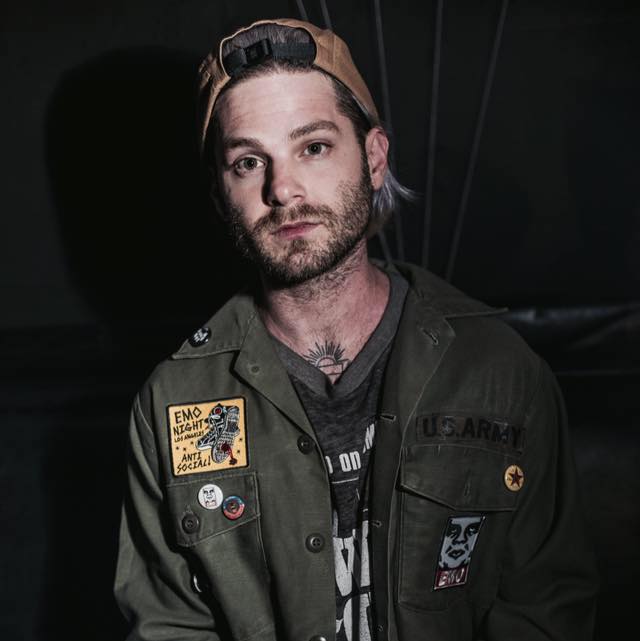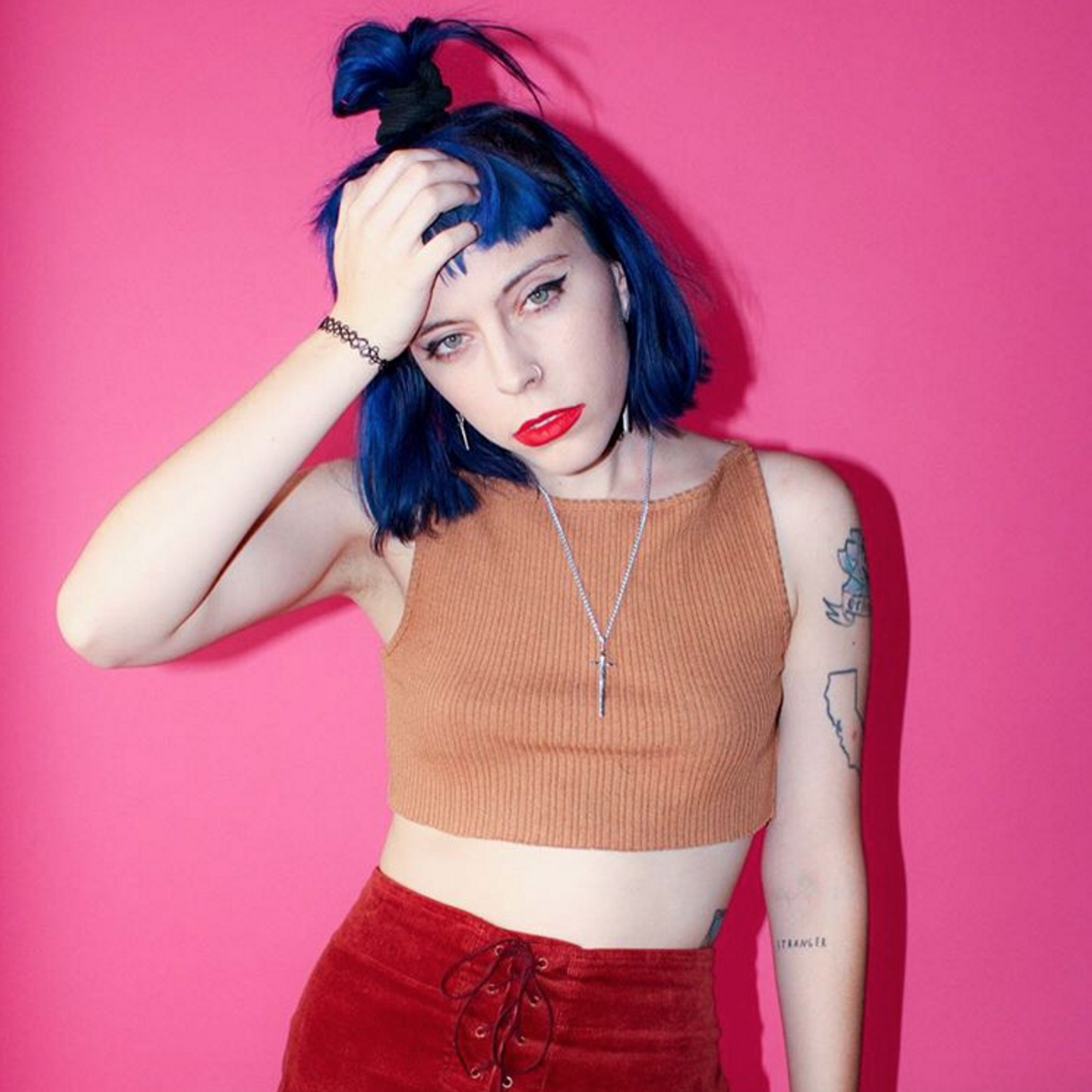
LA-based millennials are defining themselves as the next great Do-it-Yourself (DIY) generation, especially when it comes to art, fashion and entertainment.
In the hyper-competitive market of Los Angeles, artists are finding ways to use social media to remove the “middle man” in their business transactions. By doing so, they are removing the “big corporate” structure and reclaiming it to boost their individual efforts and profits.
Recent innovations in technology are changing the ways consumers absorb many things. Instead of reading newspapers, we can get “push notifications” sent straight to our iPads. Instead of going to a concert, we can just stream a show on Youtube. Instead of going shopping at the mall, we can stay snuggled in our beds while updating our wardrobes with the click of a mouse.
Young people are more plugged-in than ever, too. A 2010 report by Pew Social Trends says that 75 percent of millennials, defined as people aged 18 to 29, have created a profile on a social networking site, compared with 50 percent of those aged 30 to 45. The report also found that more than eight in 10 respondents say they sleep with a cell phone resting by their beds.
Millennials desire direct peer-to-peer consumption. Studies show that people learn about products through peer activity on social media. A 2014 poll conducted by Annalect asked U.S. smart phone-owning millennials to cite the main digital ways in which they discovered brands. Almost half said they did so from “someone else following/‘liking’/pinning/tweeting info on social media.”
For better or worse, times are changing. And by necessity, artists are adjusting. Take Etsy, an e-commerce site that provides an interface for independent creatives to sell their DIY arts, crafts, fashion, and jewelry creations. The company ended 2014 with an estimated total of 54 million members, 1.4 million active sellers, and 19.8 million active buyers. Its gross merchandise sales grew 43.3 percent from 2013 to 2014, with $1.93 billion in internal vendor-to-consumer sales.
Popular LA clothing brand Shop Tunnel Vision founder and designer Madeline Pendleton says the rise of social media has prompted a return to a cottage industry structure. “In pre-industrialization, for the most part, people lived off of what they could make in their homes. People were working the land, and everything was very much based off of what they could produce, in their homes, with their family with the people who lived there—very self-sufficient. And I feel like the Internet has encouraged this return…and I think that's really, really remarkable,” she said.

Self-sufficiency can bring many benefits. Artists can now go to sites like Society 6, which allows users to submit their artwork, and the company transforms it into tangible, marketable products by printing, packaging, and shipping on canvases, T-shirts, and even laptop skins. Individuals maintain full artistic control of their work.
Actors, musicians, and other kinds of performers no longer need a talent agent to get famous. Some of today’s most revered celebrities rose to fame on video sharing sites like Youtube. Justin Bieber’s mother, for example, posted clips of him performing as a child and the videos went viral. He is now one of the highest-paid celebrities in America with an increasing net worth of around $200 million.
Based on stories like this, becoming the next big artist in today’s world might seem easy. But in reality, the open marketplace that social media provides can make it harder to get noticed. Some artists say they feel like smaller fish in a bigger bowl.
“Everybody’s got a voice, which is fortunate and unfortunate,” said arts agent and “Emo Night LA” founder Morgan Freed. “It’s the best and worst thing about the Internet.”
For this reason, artists cannot just be artists anymore. If they want to compete, they must also be their own public relations managers, social media experts and strategists. But the opportunity to gain free advertisement and exposure is ultimately beneficial for individual artists.
“The thing about social media that's great is that you can do art and share that everyday,” Freed said. “And you can make music every day, and everybody can hear it as opposed to trying to sell it to a label.”
He added, “If social media was going on back during the era [of The Beatles], trust me, they would have utilized it the way we utilize it and have it work for their advantage.”